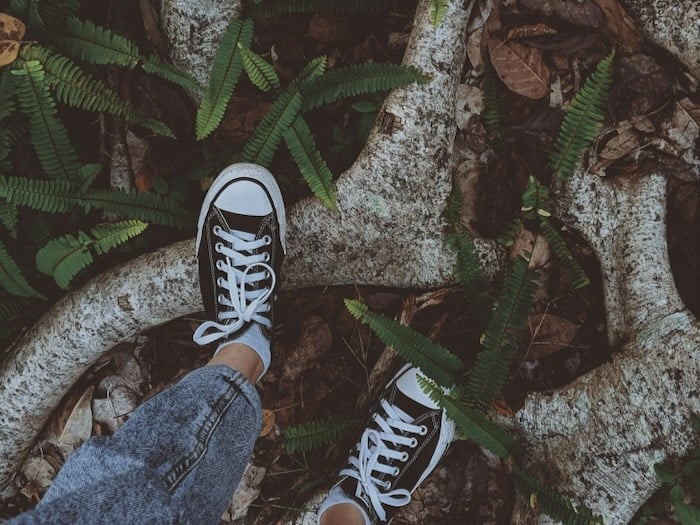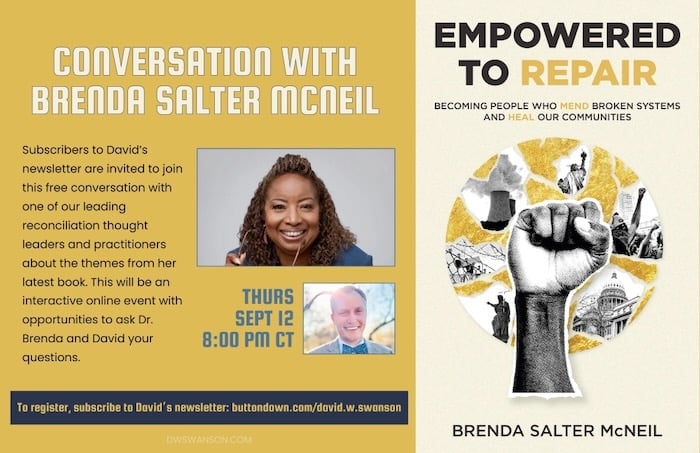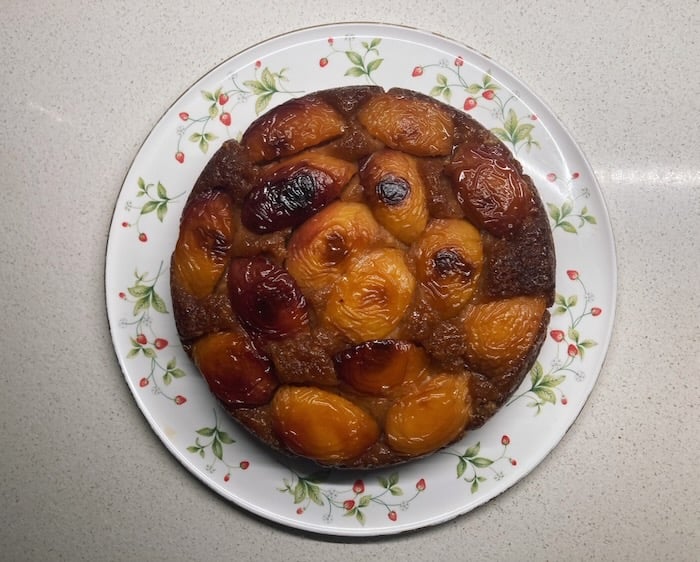Cultivating Belonging
A rootless people learning to befriend our places

Do you belong to your place? In an essay written in 1968, Wendell Berry considers the sort of relationship he and his ancestors have cultivated in Kentucky. While Berry attempts to befriend the land, he has to acknowledge that many in his community have lived as “placeless people.”
Having left Europe far behind, they had not yet in any meaningful sense arrived in America, not yet having devoted themselves to any part of it in a way that would produce the intricate knowledge of it necessary to live in it without destroying it. Because they belonged to no place, it was almost inevitable that they should behave violently toward the places they came to. We still have not, in any meaningful way, arrived in America. And in spite of our great reservoir of facts and methods, in comparison to the deep earthly wisdom of established peoples we still know but little.
This theme of placed belonging is one I return to repeatedly in Plundered. While the book is about the insidious connection between racial and environmental injustice, it’s my belief that these expressions of greed and theft can only be rightly understood when accounting for the typically rootless character of contemporary life.
Here’s what I mean. It’s not hard to find people who care deeply about the ecological crisis or the destructive impacts of systemic racism. Neither is it difficult to find thoughtful strategies about how to address these abuses. However, very little of our passions and tactics are directed to whether we, the perpetrators and victims of these crimes against nature and neighbor, actually belong to the particular places in which our sins are committed and which, I am convinced, are also the sites of our redemption.
We end up pursuing solutions and seeking justice while living as strangers to our places. We are often ignorant of those who went before us in our neighborhoods and watersheds. We’ve not bothered to learn the names of our non-human creaturely kin, much less the circumstances of their joy and anguish.
Berry contrasts a detached posture toward place with the “Indians and peasants” who “belonged deeply and intricately to their places. Their ways of life had evolved slowly in accordance with the knowledge of the their land, of its needs, of their own relation of dependence and responsibility to it.” To befriend a place is to slowly come to see the whole of it and to understand how our society’s commitment to extraction harms the entire community which has cared for and been cared for by it.
Trading incomplete tactics and shortsighted strategies in the pursuit of justice will require that we are slowly reconciled to our places. A people made ignorant by our transience and naive by our consumer-inflected distraction will need to trade the false promises of the exploitative status quo for the gifts and obligations of belonging. Only then will be begin to see the tangled roots of environmental and racial injustice and the affectionate and attentive way of life that will begin nurturing harmony.
Do you belong to your place? I’d love to hear from you. Please reply to this newsletter with your answer. If you are learning to belong to your particular community, tell us about it. How have you become a friend to your place? How has belonging changed you? Or do you feel like a stranger to your place? Why is that? Is there one gentle step you might take toward belonging? I’ll share your replies about learning to belong in an upcoming newsletter.
Conversation With Brenda Salter McNeil

I’m thrilled to host this conversation with one of my absolute favorite people in the world, Rev. Dr. Brenda Salter McNeil, about the themes from her latest book. This online conversation is for you, the subscribers to this newsletter. This will be a meeting format on Zoom, so come ready to engage Dr. Brenda with your questions. I won’t be posting this anywhere else, though you’re welcome to share the invitation with others who might be interested. To join, you’ll need to register ahead of time. I hope you can make it!
Do You Want To Be Well?
Earlier this year I spoke about Christian Nationalism for the “Do Your Want To Be Well? conference hosted by Coracle. The entire conference is now available online and includes talks from friends like Natasha Sistrunk Robinson, Mariah Humphries, Lisa Rodriguez-Watson and others.
CCDA Conference in Portland
Plundered will be officially released during the Christian Community Development Association conference in Portland in early October. I’ll be leading a workshop about themes from the book. Please let me know if you’ll be there!
The View From Here

The Michigan peaches have been abundant and delicious this year. Having baked a bunch of cobblers and pies, this week I attempted this upside-down cobbler. With a bit of whipped cream it was the perfect summer dessert.